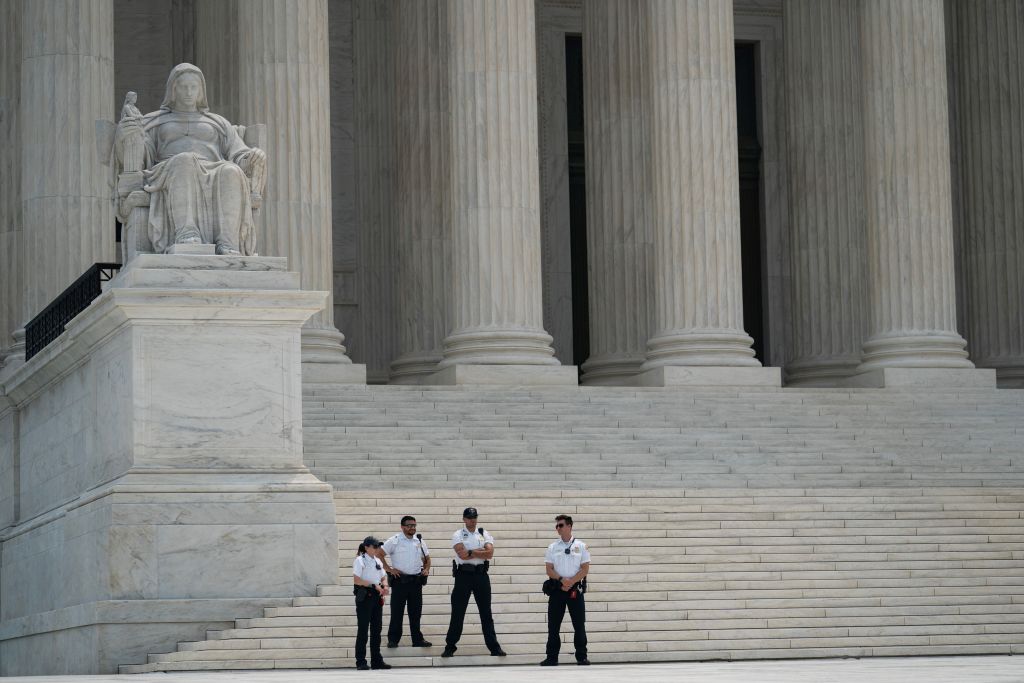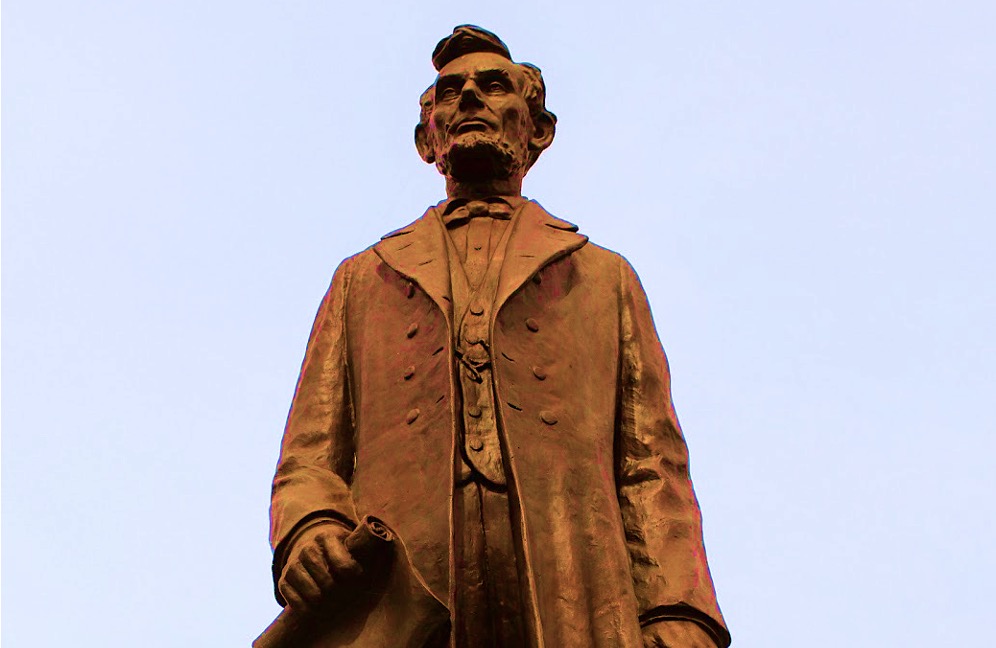The new movement in American politics is unlikely to disappear anytime soon.
The Pendulum Swings Back

Recent Supreme Court victories could signal a popular conservative resurgence.
For every action, there is an equal and opposite reaction. With recent conservative victories at the Supreme Court, a reaction to the Left’s stranglehold on Amnerica may be emerging.
A couple of weeks ago, the Supreme Court handed down two decisions that have conservatives cheering. Affirmative Action, government-compelled speech, and President Biden’s unilateral student loan forgiveness plan were all struck down as unconstitutional.
Each case is interesting on its own, but perhaps what’s most intriguing about these three decisions is how popular they are with the electorate. In an era when so many institutions— academia, Hollywood, and most of the federal government—are controlled by the Left, the fact that a Supreme Court, composed of mostly Republican-appointees, issued such well-received decisions is astounding and indicates that Americans reject the Left’s more extreme policies.
The country’s reaction to the Court’s decisions is indicative of a slow, but noticeable shift to the Right on several significant political issues.
We know how they feel. Since the summer rulings, Progressives have ramped up their rhetoric, continuing their habit of questioning the legitimacy of the one institution not under their control. President Biden sourly suggested that this court is “not normal.” Congresswoman Alexandria Ocasio-Cortez, always quick to jump to extremes, declared that the court was “creeping dangerously toward authoritarianism.”
But most Americans don’t see it that way. A poll conducted by Redfield and Wilton Strategies shortly after the decisions were announced found that far more people supported the rulings than didn’t. For example, regarding 303 Creative LLC v. Elenis, where the Court ruled that a Colorado web designer could not be forced to create websites for same-sex weddings, more than twice as many people supported the decision as opposed it.
These results might be surprising for those who have followed politics for the past few years. In 2018, the Court heard a case very similar to 303 Creative. In Masterpiece Cakeshop, Ltd. v Colorado Civil Rights Commission, the Court ruled that a Colorado baker could not be forced against his conscience to produce wedding cakes for same-sex couples. At the time, most Americans opposed the decision, and one poll found that up to 66 percent of people disagreed with the Court’s ruling.
But in just five short years, the pendulum has clearly swung in the other direction, with more Americans now saying that business owners should not be forced to engage in speech that the owners find morally objectionable.
Similar survey splits were found for the affirmative action case. In Students for Fair Admissions Inc. v. President and Fellows of Harvard College, the Court ruled that colleges could not give preferential treatment to student applicants based on their race, as this practice violates the 14th Amendment’s equal protection clause. An ABC News/Ipsos poll also revealed that a clear majority of Americans (by a 20 percent margin) agreed with the Court’s decision.
None of this means that Americans are becoming more homophobic or racist. In fact, Americans are broadly more tolerant of sexual and racial minorities than at any point in history. Americans don’t disagree with Progressives about the need for anti-discrimination laws, but they do think the Left has gone too far in enforcing them.
The last major case — Department of Education v. Brown — is an instructive example of how Americans support progressive initiatives in theory, but not always in practice. In that case, the Court ruled that the president does not have the authority to forgive federal student loan debt unilaterally.
Student loan forgiveness enjoys broad support amongst voters — until they’re told about the costs. A survey conducted by the Cato Institute found that 64 percent of Americans support student loan forgiveness, but that number “plummets when Americans consider its trade‐offs.” When asked if they’d still support student debt cancellation if it primarily benefited high income people, which it does, a whopping 68 percent of respondents said no.
The Supreme Court exists to interpret the law and enforce the Constitution, not make policy. It isn’t, and shouldn’t be, beholden to public opinion. But it does say something about the country’s political trajectory when the American people largely support the Court when it strikes down the Left’s favorite policies.
Progressives may control most major institutions, but Americans are still fiercely independent. If the Left fails to moderate their positions, they could face a backlash of Newtonian proportions.
The American Mind presents a range of perspectives. Views are writers’ own and do not necessarily represent those of The Claremont Institute.
The American Mind is a publication of the Claremont Institute, a non-profit 501(c)(3) organization, dedicated to restoring the principles of the American Founding to their rightful, preeminent authority in our national life. Interested in supporting our work? Gifts to the Claremont Institute are tax-deductible.
Republicans need a new mission. [As heard on Rush Limbaugh.]
The multiculturalists know who they are and what they want. Do We?



